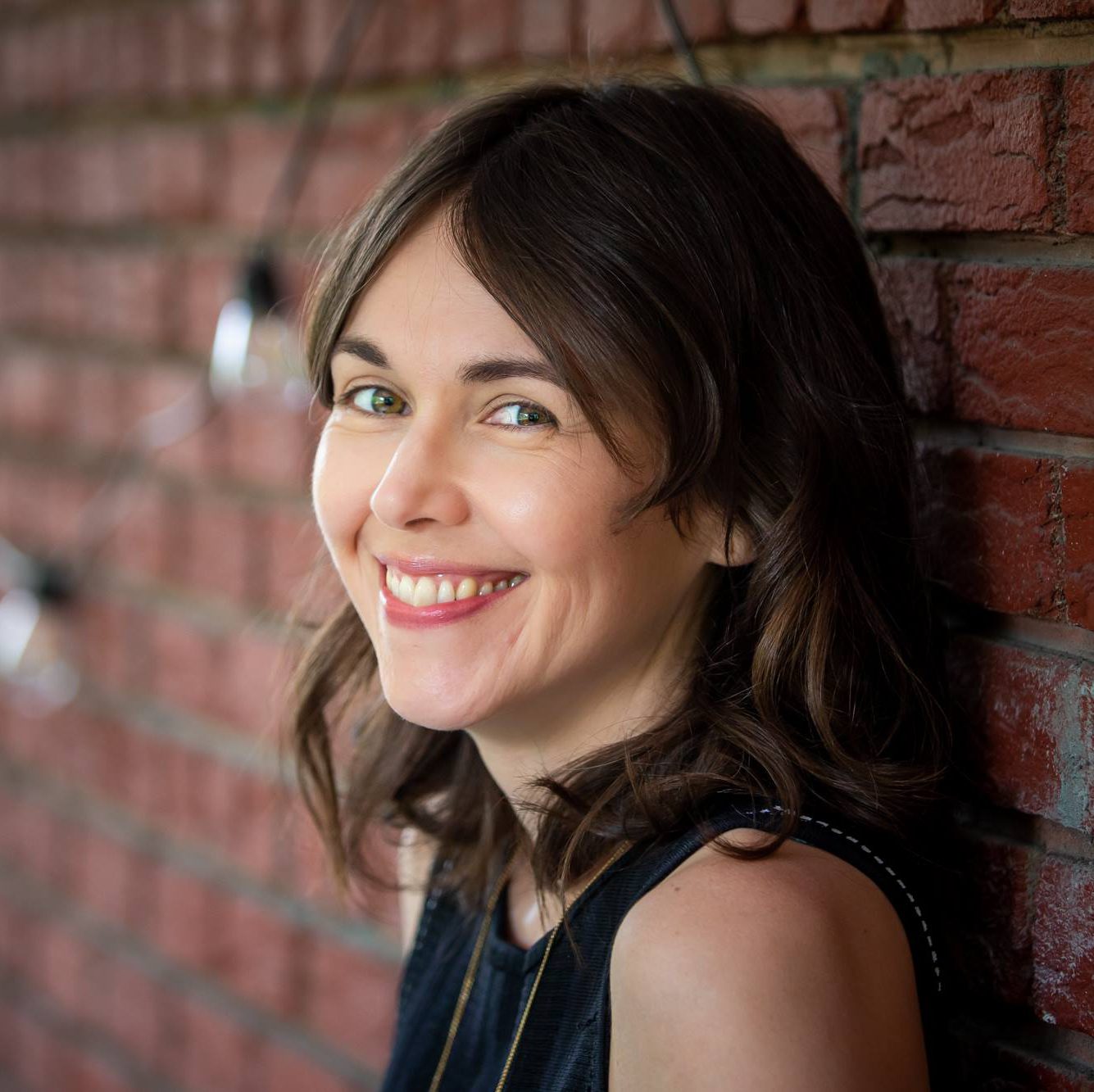The second of six monthly climate conversations, the event brought together three voices from education, activism and storytelling.

If environmental justice is the fair treatment and meaningful involvement of all people with respect to the development, implementation and enforcement of environmental laws, regulations and policies, then there is much to do. Where to start?
This was the question up for discussion during the second Ecologues meeting held on Thursday, 23 February at the American Library in Paris and online, presented by News Decoder, the Climate Academy and the American Library in Paris.
Starting with education
For Floriane Marié, the key to achieving environmental justice lies in education.
A climate educator and Master’s student currently working with the Office for Climate Education, Marié discussed the layers of inequality such as gender, economics and geography that lead to the disproportionate impact of climate change on the most vulnerable populations.
Education can balance the scales in the fight for climate justice by reducing these vulnerabilities, providing knowledge, fostering political power, developing critical thinking and inspiring action.
But resources are scarce.
“Only 0.03% of climate finance is dedicated to education,” Marié said.
The meager financing does not match the appetite for climate change education. A 2021 UNESCO report found that 95% of teachers want to teach about climate change, but fewer than 30% know how to explain even the basics.
Co-creating for change
For Marie Cohuet, a climate activist and spokesperson for Alternatiba Paris, it is about power.
“We really believe that the changes that we need to face the environmental crisis right now are not going to come from the people who hold power, because they hold their privileges from the very systems that we are trying to change,” she said. “In France, the wealthiest 10% emit as much carbon as the 50% poorer half.”
The question they ask now is, “how do we build stronger, how do we get bigger?” But recognizing the image of the climate movement as predominantly white and well-educated, she resists a generic definition of inclusivity.
“We are not there to include people in a patronizing way, like you have to come to our project, and then maybe we’ll make some anti-racism on the side,” she said. “We have to co-construct with other movements.”
Storytelling to inspire action
Writer, conservationist and News Decoder correspondent Paul Spencer Sochaczewski has a question: “Are you optimistic?”
Sochaczewski headed creative services at the World Wildlife Fund in the early 1980s, when conservation was not a big deal. “I saw my job as putting conservation on the global agenda,” he said.
Situating the climate movement among other social revolutions, Sochaczewski discussed the progress that has been made over the last 50 years or so.
“More than 100 countries have the rights of nature inscribed in the national constitution,” he said. “In seven countries, juristic personhood has been granted to natural areas and creatures. They have a legal right to exist and a legal right to protest against their destruction.”
And yet, Sochaczewski says this progress is not always reflected in the media, where the situation is more doom and gloom.
How to combat this? “We have to be storytellers in order to get our message across and have impact,” he said.
Sparking a dialogue
After the panelists’ opening remarks, the floor opened for questions. One audience member asked why we’re not seeing an increase in youth political participation alongside the increase in education.
“There are some people in the last election from the climate movement who actually ran for election and got elected,” Cohuet said. “But it’s extremely hard when you come from the climate movement, or from any other movement, where people actually support each other and care for each other, to go into this field of this political game where it’s all about intriguing. A lot of us are not good at and not willing to do this. And I think we should.”
Another audience member asked the panelists how much of the responsibility to fight climate change is for us as individuals to bear.
“I come from a generation where we still do not know if we are doing enough,” Marié said. “Responsibility at the individual level creates a lot of eco-anxiety, and I think this is also a key challenge in our generation.”
Sochaczewski used the example of the ban on plastic straws to illustrate how a focus on individual responsibility can be used as a diversion from real issues. “Do you have any idea what percentage of the ocean’s plastic waste comes from plastic straws? It’s 0.025%,” he said. “Nevertheless companies jumped on the bandwagon and individuals felt really good about not using plastic straws.” But as he noted, a side effect of that action was to help push forward an international treaty on plastic waste.
“A little bit of action can go a long way,” he said.
Cohuet looks to a superhero for inspiration.
“I think Spiderman had a good answer on this one: when you have a great power, you have a great responsibility,” she said. “But when you’re doing things yourself, you are also experimenting and you’re trying to find some joy in the world that is to come, how we would like to live in a desirable world.”
You can watch a full recording of the talk here. The next Ecologues meeting on the theme of Energy will take place on Thursday 30 March at the American Library in Paris and online.
Ecologues is part of the Writing’s on the Wall climate education project, helping young people combat the climate crisis through journalism, activism and art. Learn more at thewritingsonthewall.org.
Three questions to consider:
- How is climate change education taught in your school?
- What does it mean to co-create a social justice movement?
- Are you optimistic about the future of the planet?

